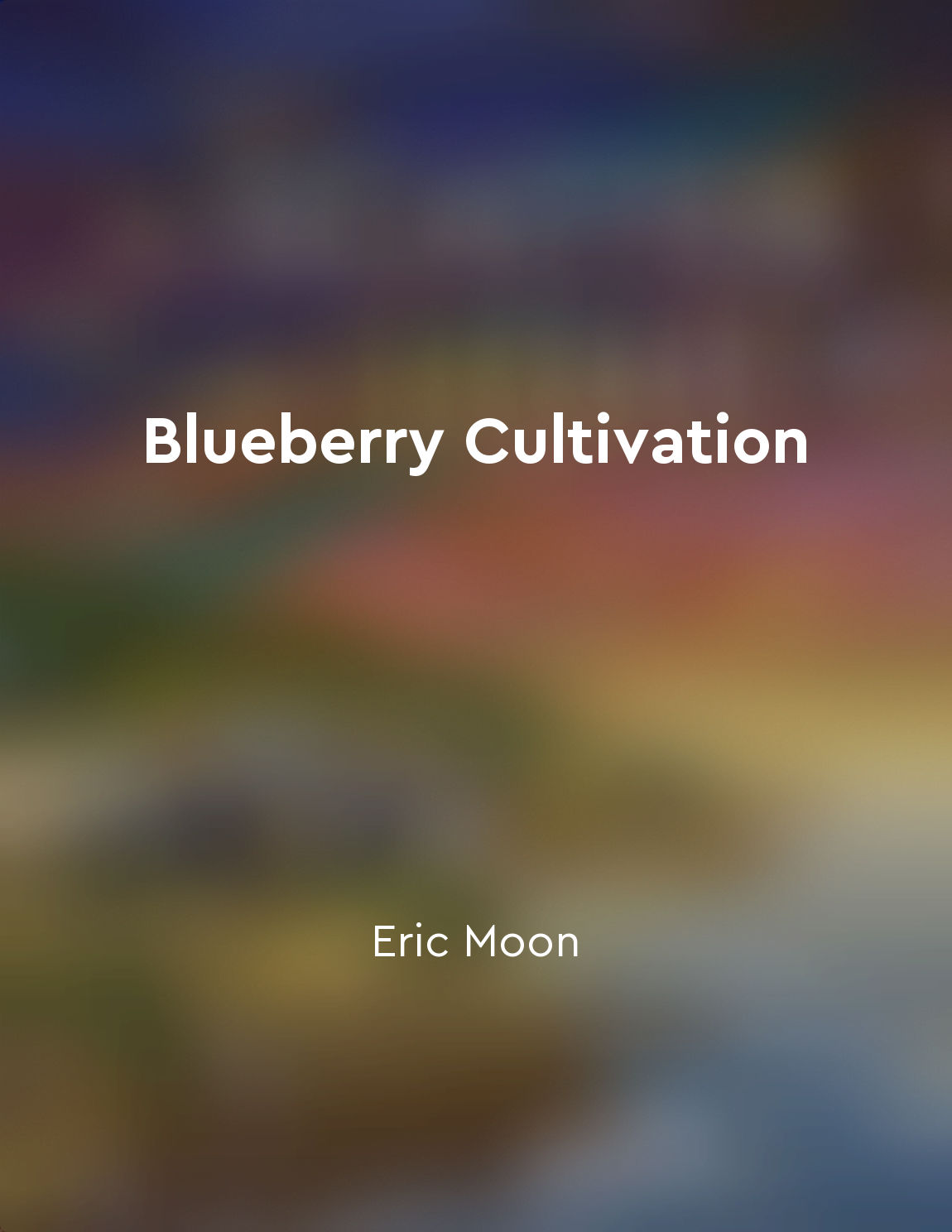Insect populations are declining due to loss of native plant species from "summary" of Bringing Nature Home by Douglas W. Tallamy
The connection between insect populations and native plant species is a fundamental one. Insects have co-evolved with plants over millions of years, forming intricate relationships that are essential for the survival of both. These relationships are finely tuned and highly specialized, with each insect species often relying on a specific plant species for food, shelter, and reproduction. When native plant species are lost, insect populations suffer. Without their preferred food sources, insects are unable to thrive and reproduce, leading to declines in their numbers. This, in turn, has ripple effects throughout the ecosystem, impacting other species that depend on insects for food. The decline of insect populations can have far-reaching consequences for the health of ecosystems. Many birds, for example, rely on insects as a primary food source, especially during the breeding season when they need to fe...Similar Posts
Resilience is key to adaptation
Resilience is the foundation upon which successful adaptation is built. The ability to bounce back from challenges and setbacks...
Marketbased approaches are often more effective than command-and-control
Market-based approaches are often more effective than command-and-control regulations in achieving environmental goals. This is...

Monitoring for pests and diseases is necessary to prevent outbreaks
Monitoring for pests and diseases is a crucial aspect of blueberry cultivation. By regularly checking for signs of pests and di...
Economic growth should not come at the expense of the environment
In our relentless pursuit of economic growth, we have often overlooked the fragile balance of our environment. The drive for pr...
Balance is key to maintaining microbial health
Maintaining microbial health is crucial for our overall well-being. Our bodies are home to trillions of microbes, both benefici...

Humans are part of nature, not separate from it
The notion that humans are a separate entity from nature is a fallacy that has plagued society for far too long. We have become...
Community gardens build bonds among diverse populations
Community gardens serve as a meeting ground where people from different backgrounds come together to cultivate the land and gro...

Collaborate globally for impact
Working together across borders is not just a nice idea. It is a necessity. The challenges we face, from climate change to the ...
Exploring the canopy requires a deep respect for the natural world
To venture into the canopy of the ancient redwoods is to step into a realm where time seems to stand still, where the air is th...
Advocating for policy change to protect the environment
Advocating for policy change to protect the environment is a crucial aspect of addressing the pressing environmental challenges...
